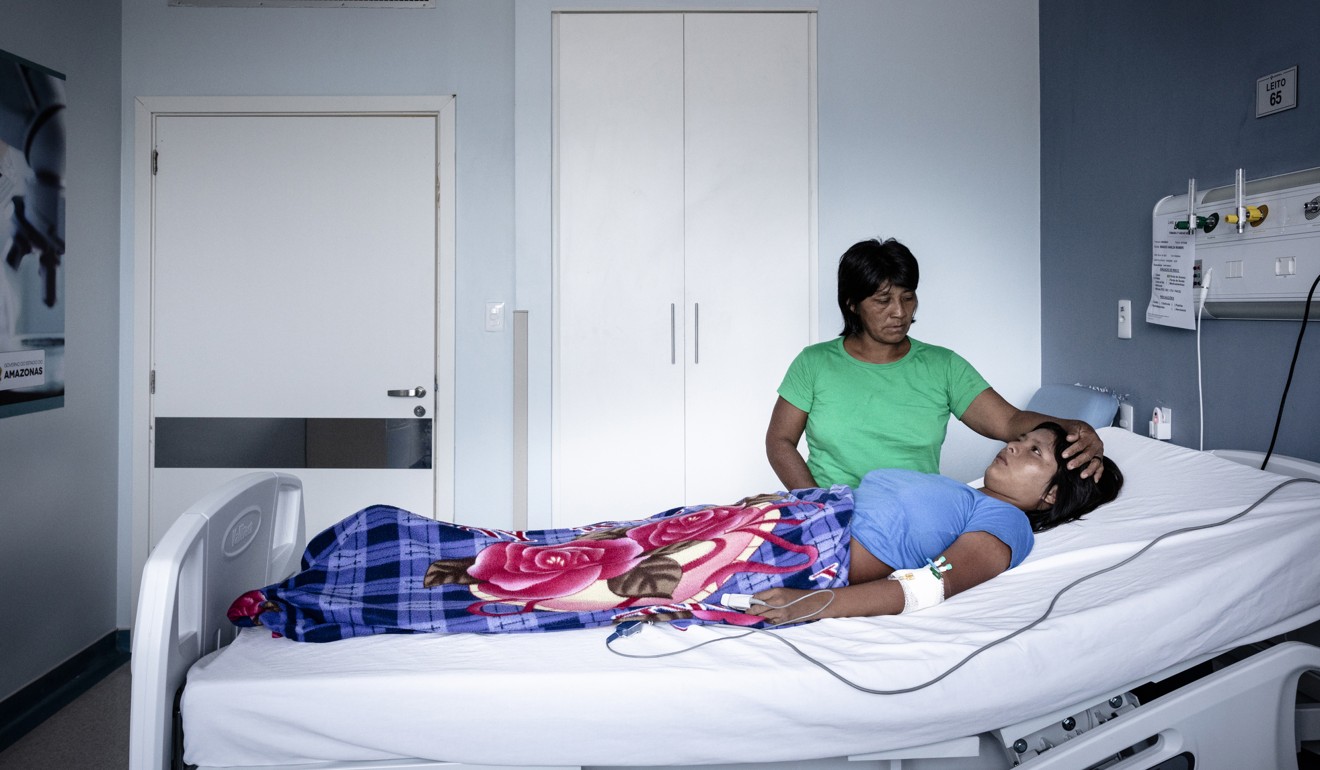
WHO: measles cases rising globally, but especially Europe and Latin America
- UN’s health body attributed increase partly to parents shunning vaccines
Measles is on the rise around the world and especially in Europe and Latin America, in part because parents shun vaccines, the World Health Organisation (WHO) said on Thursday.
Some 173,000 measles cases were officially reported worldwide in 2017, a jump of more than 30 per cent from the previous year, a WHO report said. The true number of cases is estimated at 6.7 million last year, it said.

An estimated 110,000 people died last year, mainly children, from the vaccine-preventable disease.
“What is more worrying than this increase … is that we are seeing sustained measles transmission in countries that had not previously seen measles transmission for many years,” said Martin Friede, acting director of WHO’s immunisation, vaccines and biologicals division. “This suggests that we are actually regressing in certain cases.”
We’re losing ground on measles sometimes because people forget that this is a horrifying disease
The highly-infectious disease can be fatal or cause hearing loss and mental disorders in children. It is often a harbinger of other outbreaks such as diphtheria in an under-vaccinated population.
Germany, the Russian Federation and Venezuela had large measles outbreaks last year, leading to withdrawal of their certification for having interrupted transmission, the WHO said.
“We are seeing an uptick looking at the 2018 data and this uptick appears to be sustained so we are worried that what may begin as a spike is becoming a trend,” Friede said.
WHO medical officer Katrina Kretsinger said: “At this point in 2018 we’re on track to have more cases than we had for 2017.”
Global vaccine coverage for the first dose of measles vaccine has stalled at 85 per cent, while 95 per cent is needed to prevent outbreaks, the WHO report said. Second dose coverage is 67 per cent.
“The majority of the children who miss out [on vaccination] live in the poorest and most disadvantaged communities around the world, many in conflict areas,” said WHO’s Ann Lindstrand.
But in some parts of Europe and Latin America, “negative misinformation or mistrust in immunisation” discourages vaccination, she said, adding that the vaccine is safe.
“We’re losing ground on measles sometimes because people forget that this is a horrifying disease,” she said.

